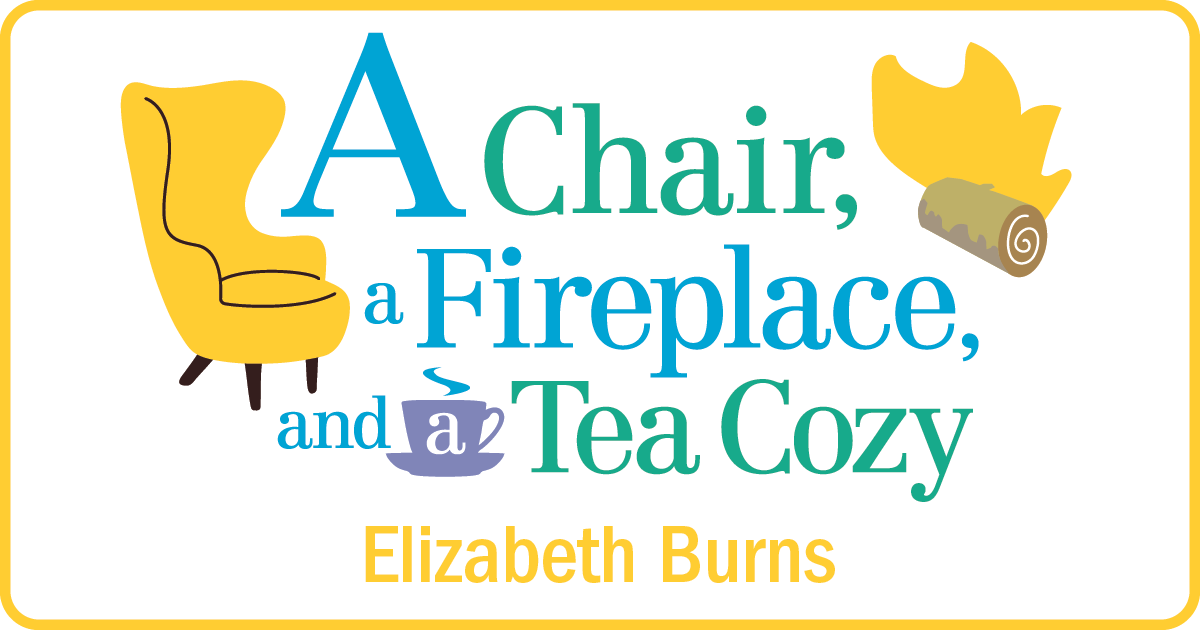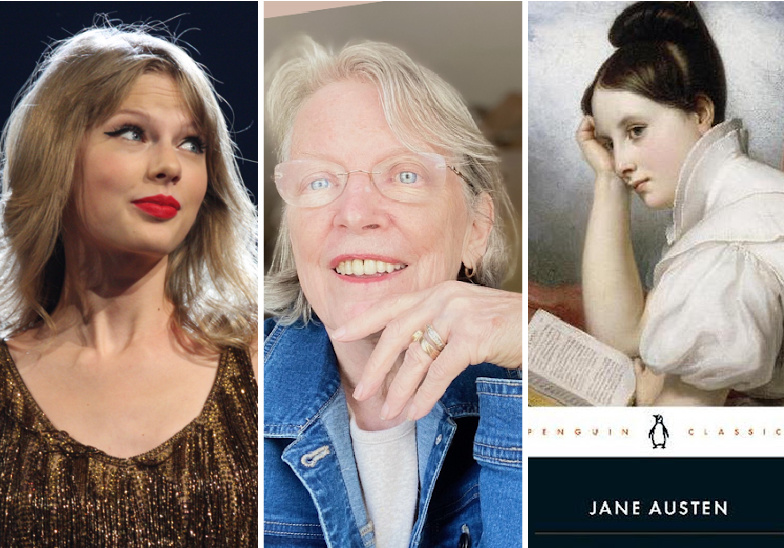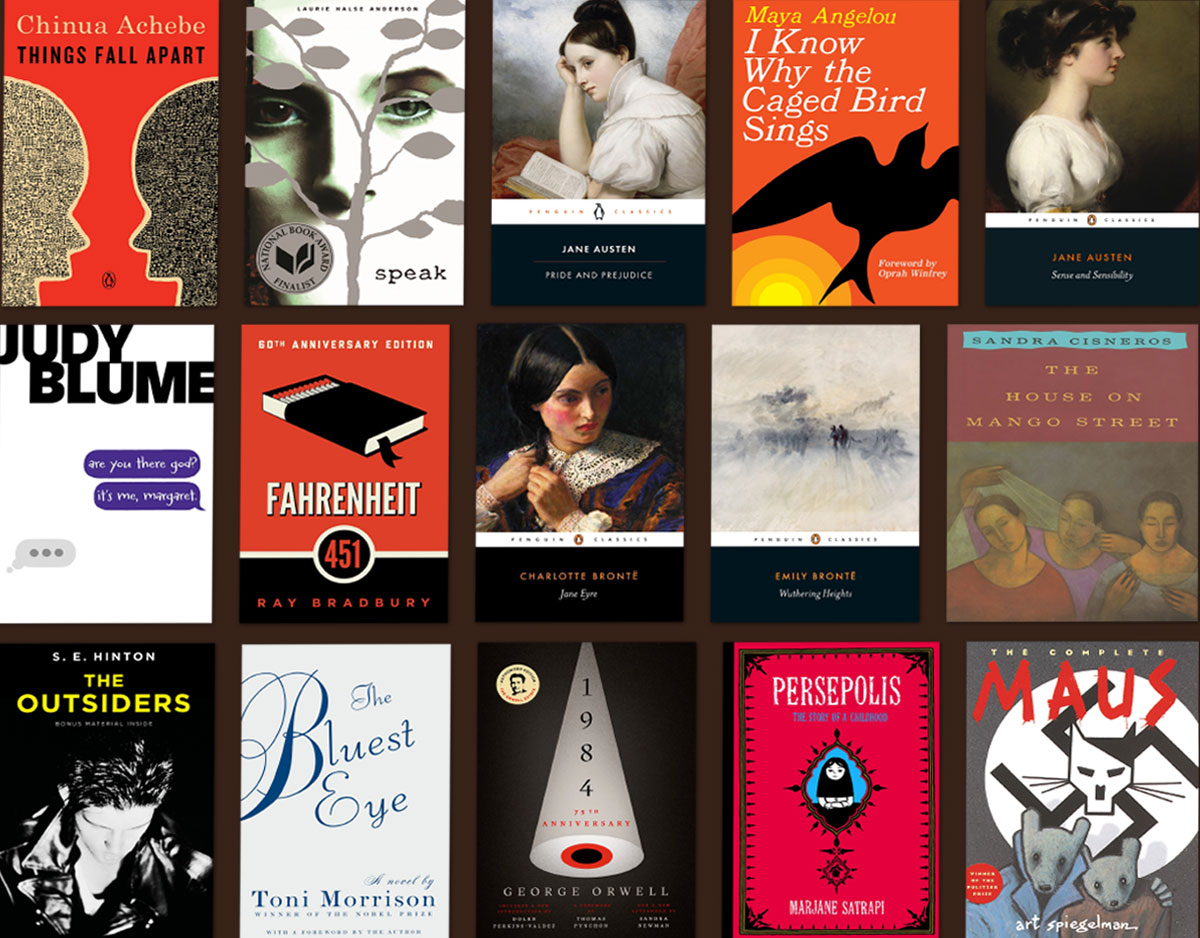SCROLL DOWN TO READ THE POST
Review: Night Road
Night Road by Kristin Hannah. St. Martin’s Press, an imprint of Macmillan. 2011. Reviewed from ARC borrowed from a friend.
It’s a three day weekend! So, like my Iron Duke review in November, here is a treat, something different, a book that is not young adult. That said, I think Night Road is a book that teens will be interested in. It’s about friendship, family, forgiveness, mistakes, redemption, and love, with a tragedy or two for those who want their heart ripped out of their chest and stomped on. Dear reader, I cried at the end of this book.
 The Plot: Lexi Baill is 14 when she goes to live with her great aunt Eva in Port George, Washington. An absent, drug addicted mother and foster homes have taught her to not rely on much or expect much, especially from a relative she didn’t know she had. It turns out that Eva has what Lexi needs most: love, support, family. It doesn’t matter, not to Lexi, that Eva has little money.
The Plot: Lexi Baill is 14 when she goes to live with her great aunt Eva in Port George, Washington. An absent, drug addicted mother and foster homes have taught her to not rely on much or expect much, especially from a relative she didn’t know she had. It turns out that Eva has what Lexi needs most: love, support, family. It doesn’t matter, not to Lexi, that Eva has little money.
ADVERTISEMENT
ADVERTISEMENT
Jude Farraday is the mother of fourteen year old twins, Mia and Zach. “She’d been criticized for holding the reins of parenthood too tightly, of controlling her children too completely, but she didn’t know how to let go.” For Jude, her investment in her children is proof of her love. It’s also the way to ensure that their lives are as perfect as she can make it. A stay at home mother, wife to a successful doctor, she has created the perfect home, perfect house, perfect life to ensure happiness and love for her children.
The lives of Lexi Baill and the Farradays intertwine, ending in a tragedy that changes all of them and makes them question just what love, motherhood, and forgiveness mean.
The Good: If I had to pick one reason why Night Road is adult and not young adult, it would be the portrayal of Jude Farraday. This is Jude’s and Lexi’s story: Lexi grows from child to adult; Jude’s story is more subtle, that of a parent. And not just any parent — a controlling “helicopter” parent who believes she can create the perfect world for her children. Take, for example, when she first meets Lexi. Mia, less popular and self-assured than her brother, is overjoyed at finally having a best friend. Jude drives Lexi home to the trailer park and learns of Lexi’s background. Lexi, wise at fourteen, says “So I guess you don’t want me hanging around with Mia anymore. I understand. Really. I wish my mom had cared who I hung out with.” Jude thinks, “it did worry her, all of it, but she didn’t want to be that kind of woman, the kind who judged a person by his or her circumstance. . . . Jude could make it easy for Mia and Lexi to stay friends, or difficult. What was best for Mia?” Jude realizes what is best for Mia is for Mia to have a best friend and so decides to allow the friendship to grow. She even helps it along, inviting Lexi along on family trips, having her stay for dinner.
I’m not sure if Jude realizes quite how involved she gets in the friendship of the two girls. Not in a hanging out with them way; rather, in an almost manipulative type way. Jude tells Lexi, a fourteen year old child — and an impressionable, needy child at that — that Mia is shy, was heartbroken over a friendship betrayal the year before. Jude talks to Lexi almost as if Lexi is an adult, getting her to promise never to do anything to hurt Mia.
No parent wants their child hurt be a friend, but think on this a moment. Imagine you’re a teen; imagine your mother tells this to your new friend. Or imagine being the teen who has finally met a possible best friend, and that friend’s mother asking you make such a promise. Things happen, friends do hurt each other, but going forward Lexi will always know that her friendship with Mia and her inclusion in the Farraday family is contingent on not hurting Mia. Mia, of course, has not been told the mirror of this — has not been told to promise never to hurt Lexi. Mia is now privileged, by money, by family, and finally by having a friend who will never hurt her, thanks to Jude’s intrusion. Perhaps Jude does not realize the level of manipulation she has engaged in with Mia and Lexi, but she turns to social manipulation later when her children are high school seniors. Jude deliberately turns her home into “an attractive web,” to make it “easy for her kids’ friends to spend the day and night here, under her watchful eyes.” She has made her house the hang out house, in order to keep tabs on her children. Never mind what they would want, or that the other parents may want to be the “watchful eyes” for their own children.
ADVERTISEMENT
ADVERTISEMENT
Through all of this, Jude is and remains a sympathetic character. Her primary goal, always, is the happiness of her children. While she may be controlling, or manipulative, or over-involved, she is never mean or cruel. She is operating under the mistaken belief that a person can create a world, isolated and protected and safe. If only Jude does x, her children will have perfect lives. Jude finds out that somethings are beyond one’s control, no matter what one does or doesn’t do. Jude’s world is shattered, not just from loss, but also from the truth of not being able to protect her children.
Lexi’s journey is different. She is the outsider, the poor girl, looking for love and acceptance and family. Not quite jealous of the Farradays and all their golden perfection, but, rather, admiring it and wanting it. Her friendship with Lexi is real and true, and Lexi is grateful. When Lexi has feeling for Zach — feelings that could jeopardize her friendship with Mia and her relationship with the Farradays — she does not know what to do. What is best for Mia? For Zach? For the Farradays? Does she ever get a chance to wonder, what is best for Lexi?
Lexi and Jude are at opposite ends of the spectrum of privilege in every possible way, and Jude’s privilege and Lexi’s lack is important. Take, for instance, college. Mia and Zach can apply to any school, certain in the knowledge that all they have to worry about is getting in and then deciding which one fits them best. Lexi is smart, smart enough to win some scholarship money but hardly a free ride. She can be close to the Farradays, included in family events and birthday dinners, but at the end of the day, her home is the trailer park, her finances are her great-aunt’s job at Wal-Mart and her own part time jobs, her future is more limited.
I am trying not to give away what happens, to talk about Lexi and Jude without revealing too much of the paths they each take. The Farradays and Lexi have hard truths, hard facts to face. It is easy to love, to even forgive, when the stakes aren’t that high. When the stakes are high, when what is most important is lost, suddenly, love and forgiveness isn’t so easy.
Filed under: Reviews, Uncategorized
About Elizabeth Burns
Looking for a place to talk about young adult books? Pull up a chair, have a cup of tea, and let's chat. I am a New Jersey librarian. My opinions do not reflect those of my employer, SLJ, YALSA, or anyone else. On Twitter I'm @LizB; my email is lizzy.burns@gmail.com.
ADVERTISEMENT
SLJ Blog Network
Name That LEGO Book Cover! (#53)
Cover Reveal and Q&A: The One and Only Googoosh with Azadeh Westergaard
Exclusive: Vol. 2 of The Weirn Books Is Coming in October | News
Take Five: Middle Grade Anthologies and Short Story Collections
The Classroom Bookshelf is Moving
ADVERTISEMENT
ADVERTISEMENT







